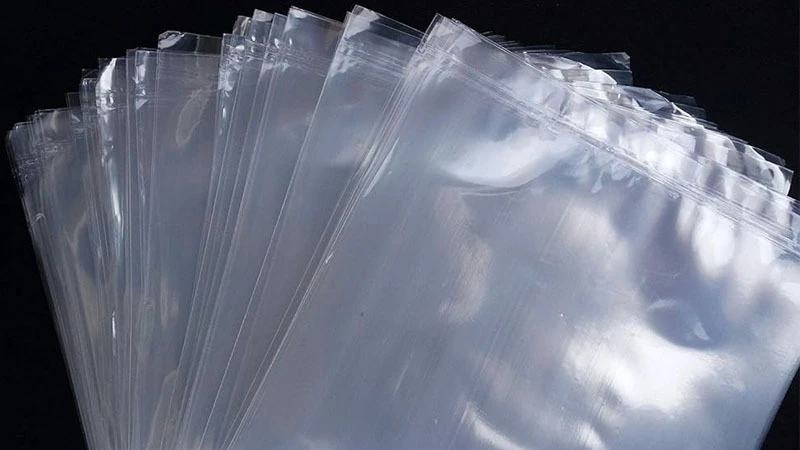Acting on CAG’s annual reports should see more fire than smoke

WITH overall intolerance for corruption on the rise, both on the global stage and at the local level, it is not surprising to see that high-level administrators in our country are adding fire to what there is already in terms of combating graft in the corridors of power.
Vice President Dr Philip Mpango was on hand at the start of the week to add graft to what many see as a general decline of moral standards though, in truth, stealing public funds is not central to what is routinely recognised as such.
This feature alone is a sort of warning signal that grouping corruption with morality as such is not all that workable.
Indeed, it is possible that the media have been sort of amalgamating the two while the VP may have kept them sufficiently distinct in his remarks.
There is a sense in which those taking money from public coffers for private use are viewed as heroes in the sense of people having achieved a lot. They also once in a while exercise a certain amount of charity, drawing large crowds of admirers or sympathisers.
In that case, when fairly big numbers of members of society see such individuals as caring, sensitive and mindful of the sufferings of others, stating or even merely suggesting the latter are involved in graft poses a few problems.
Changing personnel in the government or other layers of public office hinges on the neutrality or otherwise of the public on such changes, and thus it is workable.
However, direct accusations of graft could lead the accusers into trouble. This would apply even if it is the government pointing the accusing fingers, and it would at times need to spend a range of resources – time, energy, finances, etc. – just to show that it had the best of intentions.
As they say, prevention is better than cure, so the government always takes care not to hurt people’s feelings unnecessarily and then be compelled to go into a defensive situation approximating an apology.
In that case, being made to feel compelled to account for negligence or laxity and seeing the government losing funds has never been pivotal in its orientation and indeed the CAG reports are mostly advisory in character.
The reports were previously not being tabled in the legislature, the reason being that most of what is there isn’t individual action as in routine audits.
Personalised graft is something that is fairly easily detected in internal audit – that a certain amount of money is missing or has not been collected, and for no apparent reason.
When public institutions open their books of accounts for audit by the National Audit Office headed by the CAG, they aren’t seeking a complementary audit to their own work but asking for appreciation of what they have been doing.
There will often be weaknesses, but they will not be situations where this or that director will have siphoned funds.
So, what is usually called corruption isn’t what is brought out on an individual basis in the CAG’s reports but rather the framework in which public entities operate.
The pecuniary interests of the respective entities’ board members, higher management and staff will usually be evident in the manner in which cash is spent.
These would be the sorts of malaise that national audit staff battle with every day, whether with intent to see the situation as routine if unpleasant, or sanction it with a qualified view.
In other words, the very idea of taking action would be misplaced in the one can’t really sanction entities as such.
With this scenario, there is e very need to ensure that there is much more punch in action is taken on the CAG’s annual reports than hitherto witnessed.
Top Headlines
© 2024 IPPMEDIA.COM. ALL RIGHTS RESERVED

















